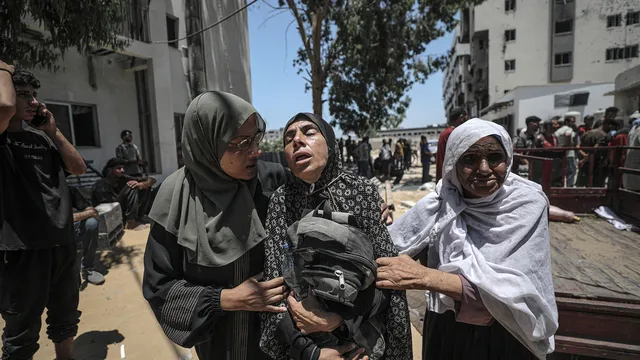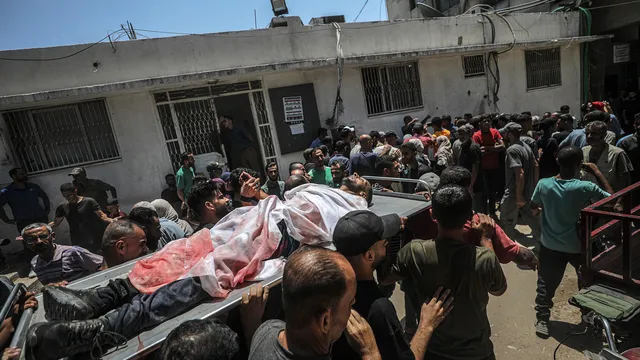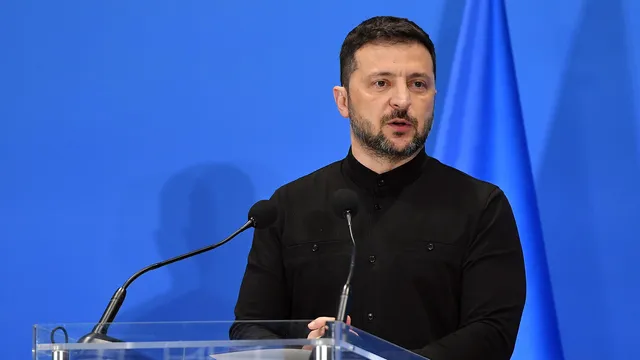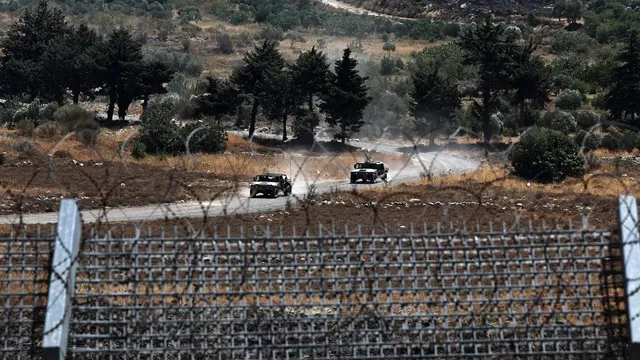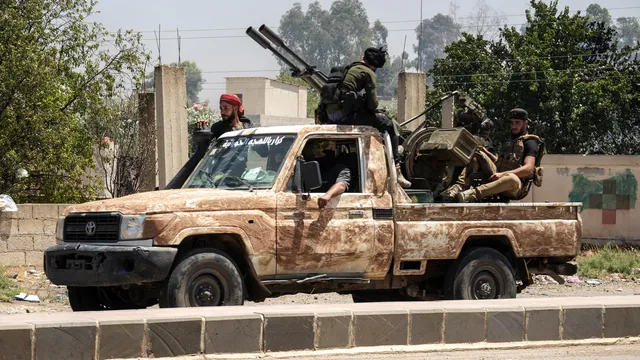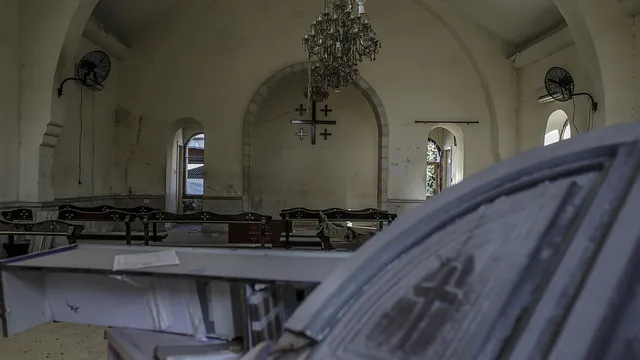Israeli forces fired on Palestinians trying to get humanitarian aid in the small territory on Sunday, July 20, killing 93 people, the Gaza Strip's civil defense said.
The UN and non-governmental organizations regularly warn of the risk of famine in the Gaza Strip, which has been under Israeli siege for more than 21 months of military operations.
According to the media service of the Hamas government in Gaza, between May 27 and July 20, about 995 people were killed while trying to obtain food near humanitarian aid distribution points.
Earlier this month, the UN High Commissioner for Human Rights said that between the end of May and July 7, nearly 800 Gaza residents were killed while trying to get humanitarian aid.
Civil defense spokesman Mahmoud Bassal told AFP that on July 20, 93 people were killed and dozens wounded as a result of "shooting by the occupation forces (Israel, ed.) at people waiting for aid" in various parts of the territory.
According to him, 80 people were killed in the Zikim area, northwest of Gaza City.
The World Food Programme (WFP) said that one of its convoys carrying food aid entered the Gaza Strip and encountered "huge crowds of hungry civilians who were being fired upon" in the Zikim area.
The WFP described any violence against these civilians as "totally unacceptable."
The army only mentioned "warning shots to repel an immediate threat," given the gathering of "thousands" of people. It refuted the Civil Defense's figures.
The latter reported 23 more deaths in bombings in the Palestinian territory.
"Thousands of desperate people had gathered to receive flour," said Qasem Abu Hater, who had gone to the aid distribution.
"(Israeli) tanks were firing indiscriminately at us," said the 36-year-old man, who claims to have seen "dozens of people" die before his eyes.
"The question was: should I take a wounded person to save him, or a sack of flour to save my family? God, what have we come to!" he lamented.
The civil defense also reported an increase in the number of infant deaths caused by "starvation and severe malnutrition," with at least three child deaths recorded in the past week.
"Our children are crying and screaming for food. They fall asleep hungry," said 45-year-old father Ziad Musleh, who explained that he could no longer find anything to feed his children.
In this context, the Israeli army announced that it was expanding its operations in the area of Deir al-Balah, in the center of the Palestinian territory, where it called on the population to evacuate.
Entire families were seen carrying a few belongings or crowding onto donkey carts and heading south.
"They threw leaflets at us and we don't know where we're going," said a man named Adi Abu Kinas.
"The mass expulsion order issued by the Israeli army has dealt a new blow to the already fragile livelihoods that sustain the people of the Gaza Strip," said a statement from the UN Office for the Coordination of Humanitarian Affairs (OCHA).
In nearly 22 months of war, most of the more than two million Palestinians in the Gaza Strip have been displaced at least once.
The Israeli announcement has alarmed the families of hostages held since October 7, 2023, who fear that the Israeli offensive will endanger their loved ones.
In the Vatican, Pope Leo XIV called for an immediate end to the "barbarity" of the war in Gaza, several days after a deadly Israeli strike on a Catholic church in the Palestinian territory.
Since October 2023, at least 58,895 people, mostly civilians, have been killed, according to Gaza's health ministry, which is considered reliable by the UN. | BGNES

 Breaking news
Breaking news
 Europe
Europe
 Bulgaria
Bulgaria
